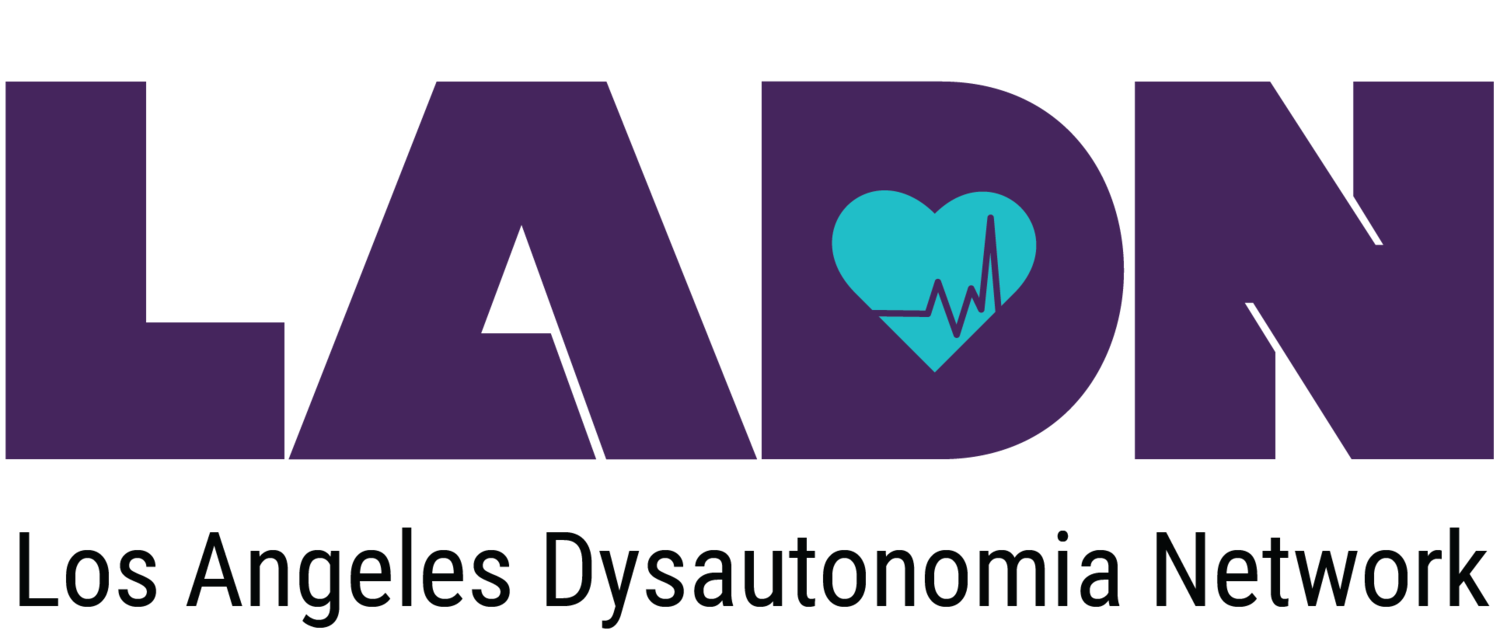Sarah’s Dysautonomia Story: Finding Strength by Honoring Their Needs
For many years before I had ever heard the word “dysautonomia,” I was taught I couldn’t trust myself. Every doctor I saw said, “you’re just out of shape; lose some weight and you’ll be fine,” so I put myself on diet after diet and bought all the infomercial VHS tapes. “It’s just anxiety; have you tried yoga?” they continued, so I joined classes at my local community center, journaled daily, and went to therapy. But still my vision went dark every day in PE as I ran the mile. Still I couldn’t catch my breath climbing the stairs to the cafeteria. Still I assumed I simply wasn’t trying hard enough as I graduated high school, started college, and cried alone in my dorm every night wondering why I couldn’t keep up with everyone else. Even after graduating, traveling the world, and pursuing another degree, I continually fell apart, truly believing that my daily pain, dizziness, and nausea were my own fault. The doctor who said my leg pain that woke me up crying was “just growing pains” taught me that my needs should be ignored. The PE teacher who told me to lose weight so I wouldn’t pass out playing basketball taught me that I needed to shrink my body to be worthy of care. With each alarm that went off in my body, I was told that I was simply an unreliable narrator, to just ignore the alarms. But eventually alarms can get pretty loud!
I finally started to find my voice in my late 20s (ironic, considering I went to 8 years of music school as a singer), and started digging for answers. The diagnoses came in waves as I stopped letting doctors leave me without a solution, fighting through lots and lots of tears for the care I now know I deserve. I was officially diagnosed with POTS last year, and today at age 31 with a plethora of diagnoses in my lap (including ADHD, celiac disease, and hypermobility, to name a few), it’s impossible to pinpoint which of my experiences came from which issue. It’s hard to say whether my pounding heart as I walked across campus to my astronomy class was because of my exercise intolerance or because I didn’t realize I was queer and had a crush on the TA. Was I shaking, teeth chattering during choir rehearsal because I had forgotten a couple words or because I’d been standing for an hour and a half? Now in most of my day-to-day life, it’s okay that I don’t know precisely what caused my heart rate to spike or why I felt extra dizzy one morning but not the next, especially since it’s often something I have no control over. But I’ve learned that the various aspects of my life don’t exist in separate bubbles; they are all me, and every personality quirk, every glimmer of joy, and even every debilitating symptom deserves to be heard and addressed in its own way.
I’m currently unable to work because of my many symptoms, and I’ve spent a lot of time tracking my triggers and changing what I’m able to in order to prevent flares. This is a full-time job in itself, coupled with the daily grief of losing the life I wanted for myself and the overwhelm of what I might want my life to look like next. I won’t pretend that dysautonomia is some sort of blessing, but I am incredibly proud of the way I’ve tuned into my body and learned to listen to myself. My needs are worthy of care, my voice is worth being heard, and “not trying hard enough” was never even part of the equation.

